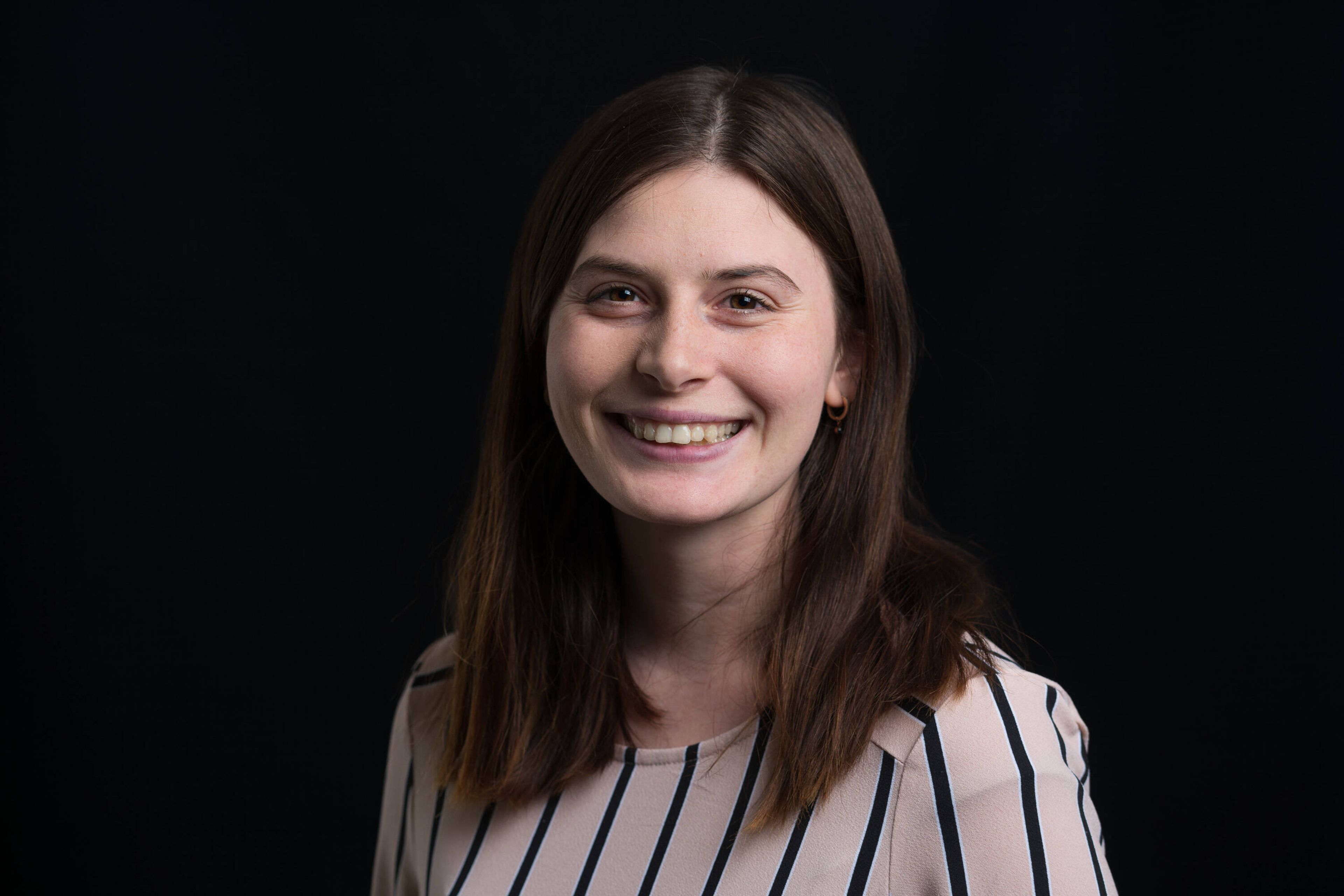New inner ear program aims to help students academically
Students say they have headaches, are too tired to pay attention and are dizzy. Chance White of Missouri Delta Medical Center in Sikeston said he believes he can help. White has a doctorate in physical therapy and is a vestibular dysfunction specialist. ...
Students say they have headaches, are too tired to pay attention and are dizzy.
Chance White of Missouri Delta Medical Center in Sikeston said he believes he can help.
White has a doctorate in physical therapy and is a vestibular dysfunction specialist. Vestibular dysfunction is a disturbance in the body's balance system because of an injury to the vestibular system of the inner ear. Previously, he was a local educator for four years. After learning about vestibular dysfunctions and moving back to the area, White decided he wanted to bring that information to schools since it was not something many people know about.
The inner ear is in charge of eye movement. In academics, the main thing White sees is saccade — or head and eye coordination — deficits in students.
A saccade deficit could manifest itself when a child is reading and skips a line, or going back from a question to find the answer and overlooking the particular word needed to comprehend the answer — overall, it makes reading more difficult to the child.
White said students will miss key words when they are reading, taking standard tests, such as the ACT, or even taking notes off a board. Going back and forth between the board and their notes can cause symptoms.
"So there's a variety within the academic system. Basically, what we're saying is, the academic system puts such a demand on ocular movements, that those deficits cannot keep up with that demand," White said. "And we see it, and it shows up in their lack of academic performance. And we're saying, if we can improve those ocular movements, then academic performance will go up."
He has been working on a program since 2014, and it launched this year.
The program is able to look at the inner ear function, diagnose it and treat it. White said such testing is rare in the area because Missouri Delta Medical Center in Sikeston is the only facility between St. Louis and Memphis, Tennessee, that has the diagnostic testing or the expertise.
"We're doing surgeries, and we're always testing what they're hearing in the school system. Well, the balance is also in the inner ear. Why are we not assessing that?" White said.
White works closely with teachers and administrators along with parents to establish a specific, personalized plan of care with vestibular therapy specialists, neurology, cardiology and primary care providers.
White has been to several schools in the area. He teaches signs and symptoms of students who may be struggling, and shows the educators that the inner ear could be the problem. After the teachers learn these signs and symptoms, it should help them identify students who are struggling academically and suggest that the student may be suffering from and inner ear problem.
White is able to set up screenings with the schools to determine whether the students have an inner ear problem and whether it is causing problems.
"I come back to the school, I screen them, and then we can determine the problem, and we can get them set up with therapy," White said.
Starting screenings at a young age and being able to catch this problem before students start to read would be the perfect scenario, according to White.
Kimberle Nothdurft, district special education process coordinator in Chaffee, Missouri, said her son is receiving services from Missouri Delta, and she can see a big difference in him.
Chaffee School District is set to have screenings in March, according to Nothdurft.
Connect with the Southeast Missourian Newsroom:
For corrections to this story or other insights for the editor, click here. To submit a letter to the editor, click here. To learn about the Southeast Missourian’s AI Policy, click here.










